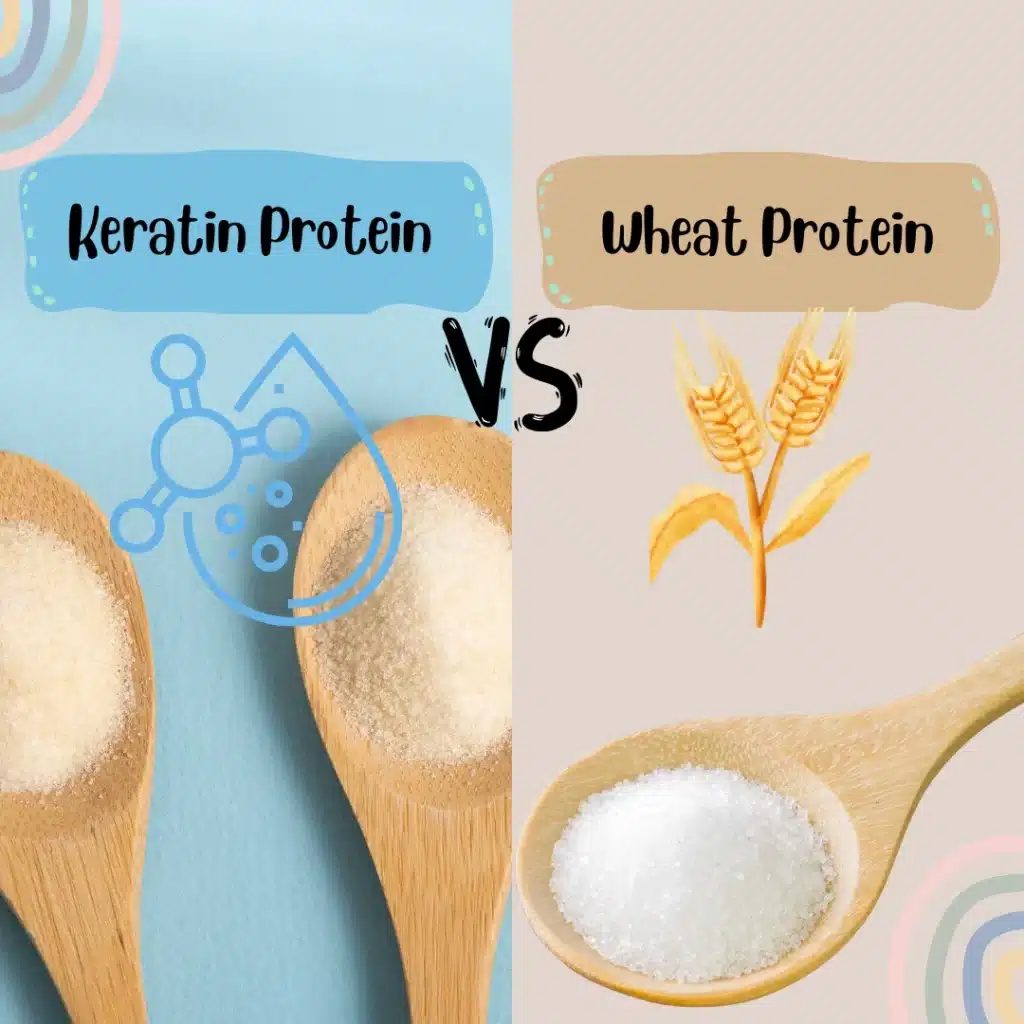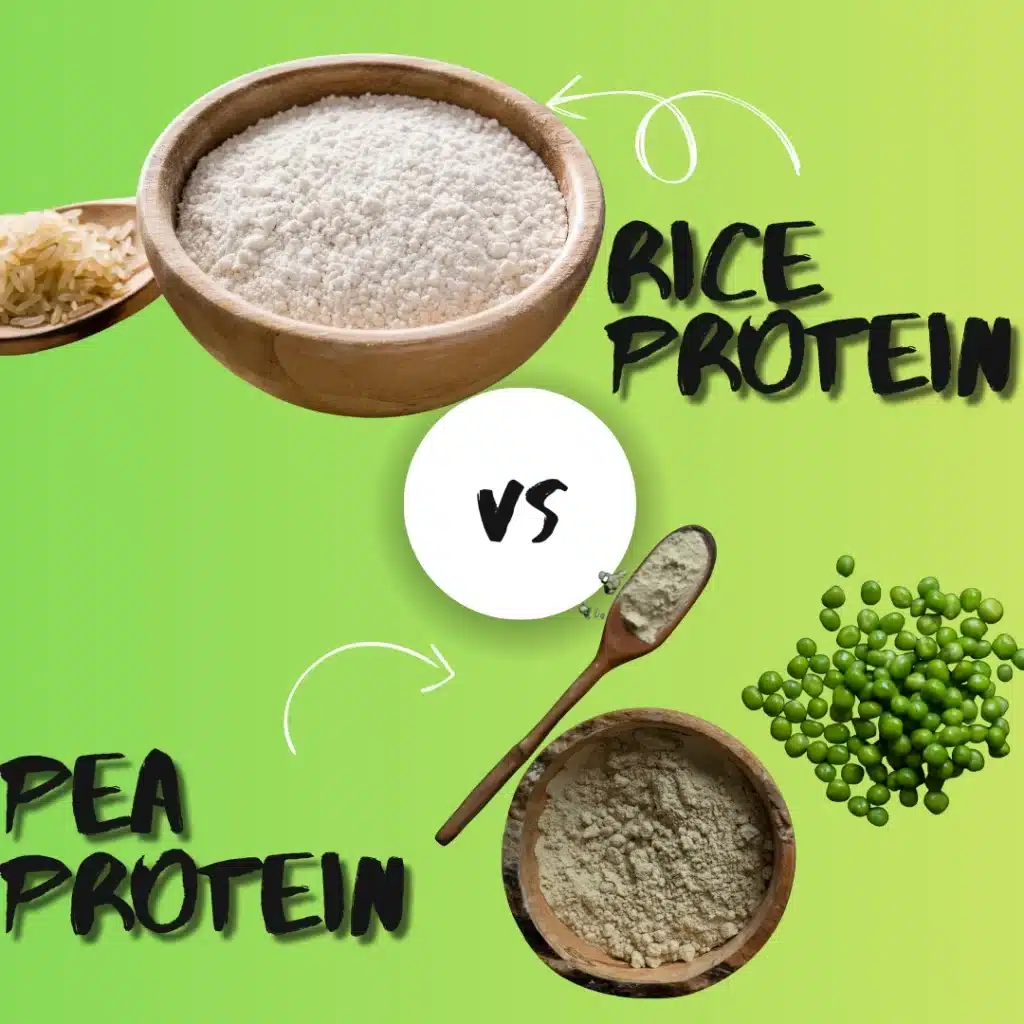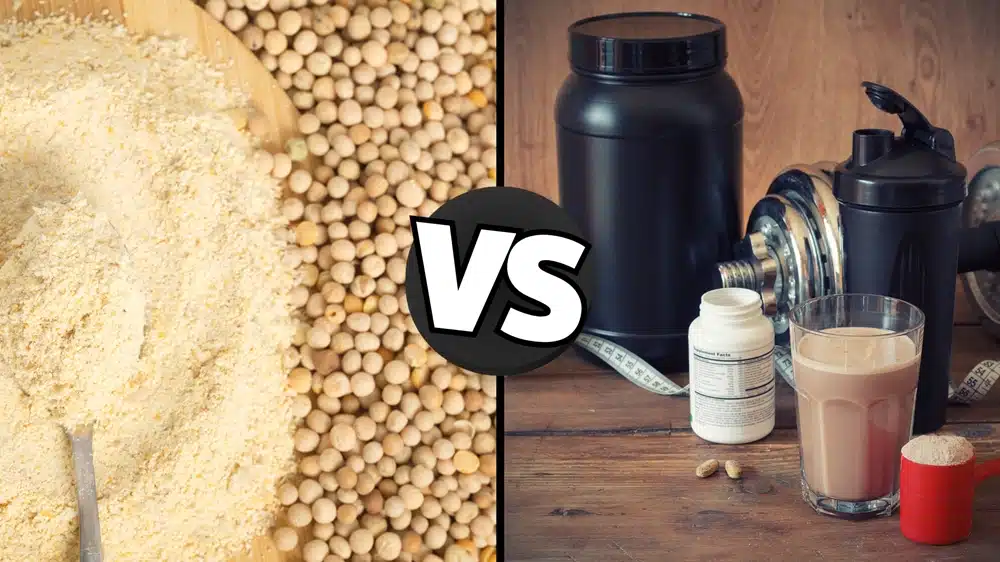
In the booming health and fitness world, the choice between whey and pea protein is a major decision for consumers. While whey has long been favored for its complete amino acid profile, pea protein has become a strong challenger, particularly for those on plant-based or allergen-friendly diets. This guide will provide a comprehensive comparison of pea protein vs whey protein, examining key factors like nutritional value, bioavailability, and ethical considerations, to help you determine which protein powder is the best fit for your personal health and fitness goals.
What is pea protein?
Pea protein is a popular plant-based protein derived from yellow split peas (Pisum sativum). It is made by grinding dried peas into a fine flour, and then a wet process is used to remove starches and fiber, leaving behind a concentrated protein isolate. The resulting product is a fine, often beige-colored powder that is a cornerstone of many vegan, vegetarian, and allergen-friendly diets.
Is pea protein a complete protein?
This is a critical point that often comes up in the “pea protein vs. whey protein” debate.One of the most common misconceptions about plant proteins is that they are “incomplete,” meaning they lack one or more of the nine essential amino acids. While some plant sources may be deficient in certain amino acids, pea protein is a high-quality, complete protein. It contains all nine essential amino acids, including a particularly high concentration of branched-chain amino acids (BCAAs) like leucine, isoleucine, and valine. These BCAAs are crucial for muscle protein synthesis, making pea protein a highly effective choice for athletes and fitness enthusiasts.
is pea protein soy?
This is a crucial distinction and a major selling point for pea protein, which is derived from yellow split peas. While both are plant-based proteins, they come from entirely different sources and have distinct characteristics:
- Source: Pea protein comes from peas, which are a type of legume. Soy protein comes from soybeans, also a legume, but a different plant entirely.
- Allergen-Friendly: This is the most significant difference for many consumers. Soy is one of the most common food allergens, and many people experience sensitivities or allergic reactions to it. Pea protein, on the other hand, is hypoallergenic and free from all major allergens, including soy, dairy, and gluten. This makes it an excellent alternative for people with food allergies or sensitivities.
- Hormonal Impact: Some people are concerned about the phytoestrogens found in soy, which can mimic the effects of estrogen in the body. Pea protein does not contain these compounds, making it a preferred choice for those who wish to avoid them.
Benefits of pea protein
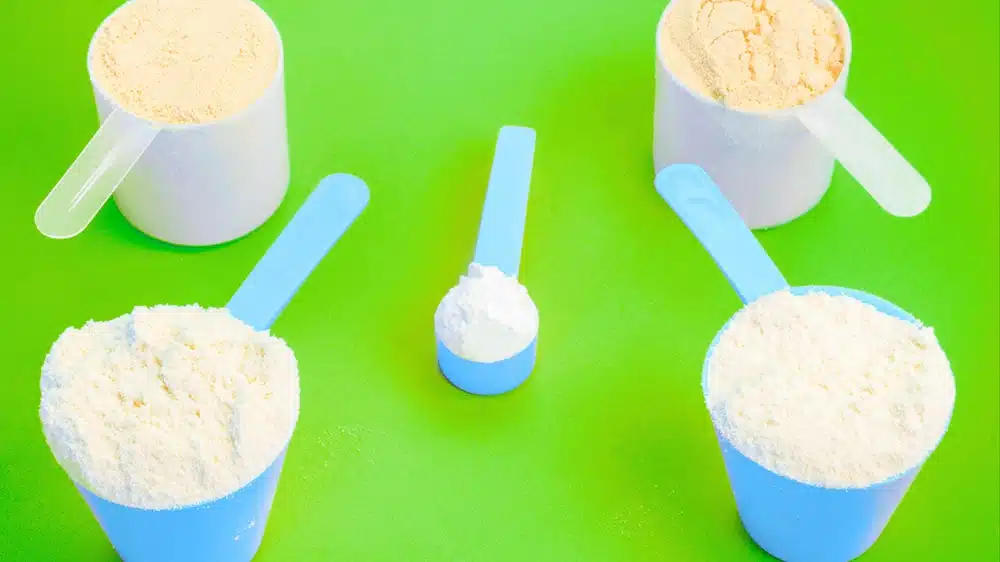
Pea protein has become a star player not just in the plant-based world, but also within the competitive landscape of sports nutrition. As a key dietary supplement ingredient, its benefits extend far beyond a simple protein boost.
1. Highly Digestible and Allergen-Friendly
For many people, traditional protein powders can cause digestive issues like bloating, gas, or stomach discomfort. Pea protein is celebrated for being one of the most easily digestible plant proteins. Furthermore, it is naturally free from common allergens such as dairy, soy, and gluten. This makes it an ideal, hypoallergenic option for individuals with food sensitivities or those following a vegan, vegetarian, or paleo diet.
2. Supports Muscle Growth and Recovery
Thanks to its rich BCAA content, pea protein is an excellent supplement for anyone with fitness goals. Leucine, in particular, acts as a key trigger for muscle protein synthesis, the process that repairs and builds muscle tissue. A post-workout shake with pea protein can help accelerate recovery, reduce muscle soreness, and support the development of lean muscle mass.
3. Aids in Weight Management and Satiety
Protein is well-known for its ability to increase feelings of fullness and reduce appetite. Pea protein is no exception. A high-protein diet can help you feel satisfied for longer, which can lead to reduced calorie intake and support healthy weight management. By adding a scoop of pea protein to your smoothies or meals, you can effectively curb cravings and stay on track with your dietary goals.
4. Sustainable and Environmentally Friendly
Choosing pea protein is not just a great choice for your body—it’s also a great choice for the planet. The cultivation of peas requires significantly less water and land compared to animal-based proteins. Peas also contribute to soil health by fixing nitrogen, which reduces the need for synthetic fertilizers. This makes pea protein a more sustainable and eco-friendly option for the conscious consumer.
What is whey protein?
Whey protein is a high-quality, complete protein derived from milk as a byproduct of the cheesemaking process. After milk curdles, the liquid whey is collected, filtered, and dried into a powder. This protein is celebrated for containing all nine essential amino acids, including a high concentration of branched-chain amino acids (BCAAs) like leucine, which is crucial for muscle protein synthesis and makes it a highly effective supplement for muscle growth and recovery.
is whey protein vegan?
Whey protein is a byproduct of cheesemaking, which is a process that uses cow’s milk. Since veganism is a lifestyle and diet that excludes all products derived from animals, whey protein is not a suitable option for vegans.
While there are some newer, lab-made products on the market that are sometimes referred to as “animal-free whey protein” (created through a fermentation process), these are not the traditional whey protein you find in most supplements. For a true vegan protein source, you should look for powders made from plants, such as pea, rice, hemp, or soy.
Is Whey protein a complete protein?
I can confirm that yes, whey protein is a complete protein.This is one of the most significant and well-known benefits of whey protein, and a key reason it is considered the “gold standard” in the supplement industry.
A complete protein is one that contains all nine essential amino acids—those that our bodies cannot produce on their own and must obtain from our diet. Whey protein not only contains all of these essential amino acids, but it also has a particularly high concentration of branched-chain amino acids (BCAAs), especially leucine. Leucine is a powerful amino acid that acts as a primary trigger for muscle protein synthesis, the process responsible for muscle growth and repair.
This complete and highly bioavailable amino acid profile makes whey protein an incredibly effective supplement for supporting muscle recovery, growth, and overall athletic performance.
Benefits of whey protein
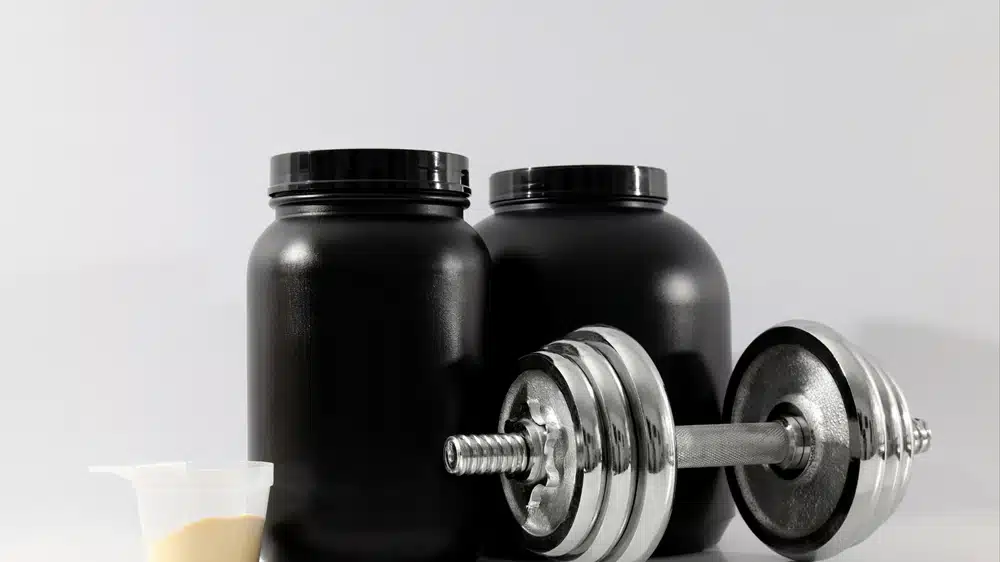
when it comes to protein supplements, whey protein is the heavyweight champion. Its reputation as the “gold standard” is well-earned, thanks to a comprehensive profile of benefits that support everything from muscle growth to weight management. Sourced from milk as a byproduct of cheesemaking, whey protein is a fast-digesting, complete protein that has cemented its place in the diets of athletes, bodybuilders, and health enthusiasts worldwide.
1. Excellent for Weight Management
Protein is the most satiating macronutrient, meaning it helps you feel fuller for longer. Including whey protein in your diet can help reduce overall calorie intake by curbing cravings and controlling appetite. This makes it a valuable tool for weight loss or maintaining a healthy weight. Studies have also shown that a high-protein diet can boost metabolism, helping your body burn more calories throughout the day.
2. High Bioavailability and Fast Absorption
Whey protein is highly bioavailable, which means your body can absorb and utilize it very efficiently. Furthermore, it is a fast-digesting protein. Once consumed, its amino acids are quickly delivered to your muscles, making it the perfect choice for a post-workout shake when your body is in a prime state for repair and recovery. This rapid delivery is a key reason why it’s so effective for supporting muscle growth.
3. Supports Overall Health
Beyond its fitness-related benefits, whey protein is a powerful source of nutrients that support general health. It contains key micronutrients and bioactive compounds that can strengthen the immune system and support antioxidant function. Regular consumption can also contribute to lower blood pressure and improved cholesterol levels.
4. Versatile and Easy to Incorporate
Whey protein powder is incredibly versatile. It can be easily mixed with water or milk for a quick shake, blended into smoothies, or used as an ingredient in baking to create protein-rich pancakes, muffins, and more. This makes it a convenient and delicious way to meet your daily protein needs and ensure you’re providing your body with the fuel it needs to perform at its best.
is pea protein better than whey?
When comparing pea protein vs whey protein, it’s important to understand that “better” is subjective and depends entirely on individual needs and goals. Whey protein has long been considered the gold standard in sports nutrition due to its rapid absorption and high concentration of branched-chain amino acids (BCAAs), particularly leucine, which is a powerful trigger for muscle protein synthesis. This makes it an ideal choice for a quick post-workout recovery boost for those without dairy sensitivities. However, as an animal-derived product, it is not suitable for vegan diets and can cause digestive issues for individuals with lactose intolerance.
On the other hand, pea protein has emerged as a formidable challenger, offering a complete amino acid profile that is highly effective for muscle repair and growth, with studies showing comparable results to whey. Its key advantages lie in its hypoallergenic nature, as it is free from dairy, soy, and gluten, making it a safe and easily digestible option for a broader range of consumers. Furthermore, pea protein is a plant-based and sustainable choice, appealing to those who prioritize ethical and environmental considerations. The “better” choice ultimately comes down to a balance between your dietary restrictions, performance goals, and personal values.
| Feature | Pea Protein | Whey Protein |
| Source | Yellow split peas (plant-based) | Milk (animal-based) |
| Complete Protein? | Yes | Yes |
| Allergens | Hypoallergenic (dairy-free, soy-free, gluten-free) | Contains lactose (dairy) |
| Digestion | Easily digestible for most | May cause issues for lactose intolerant |
| Sustainability | High (lower environmental footprint) | Lower (higher environmental footprint) |
| Primary Use | Muscle building, vegan diets | Muscle building, post-workout recovery |
FAQs
What is healthier, pea protein or whey protein?
Neither is definitively healthier; it depends on your dietary needs. Pea protein is great for vegans and those with dairy allergies, while whey is excellent for muscle building.
Is pea protein absorbed as well as whey?
Whey is absorbed faster, but pea protein is still highly bioavailable and effective for muscle repair and growth.
Is it good to drink pea protein every day?
Yes, it is safe to drink pea protein daily as part of a balanced diet.
Is there a downside to pea protein?
Some people find the taste or texture of pea protein to be earthy or gritty compared to whey, though this has improved with modern processing.
Can I build muscle with pea protein?
Yes, pea protein is a complete protein with a rich amino acid profile, making it very effective for building and repairing muscle.

